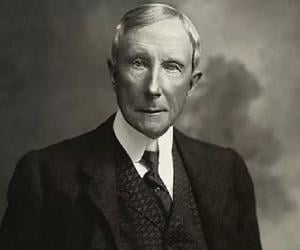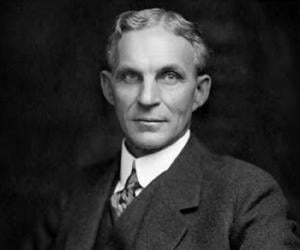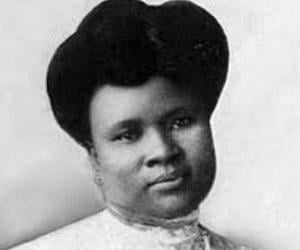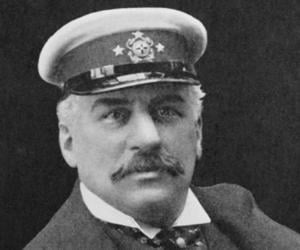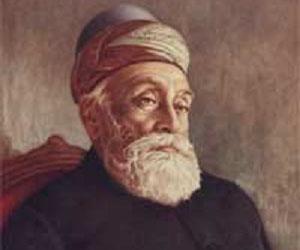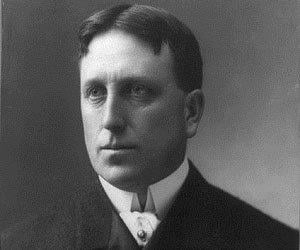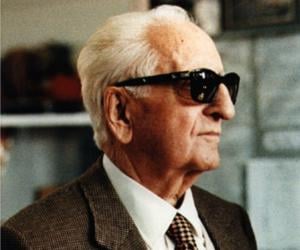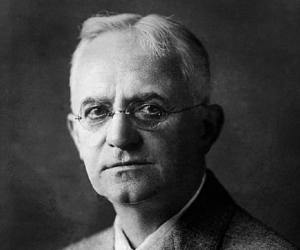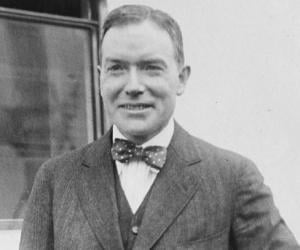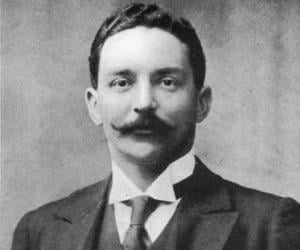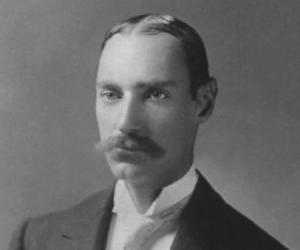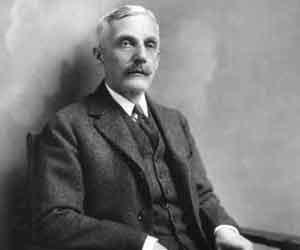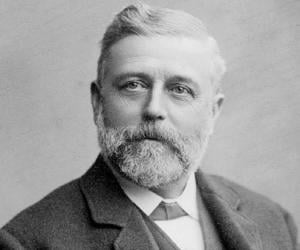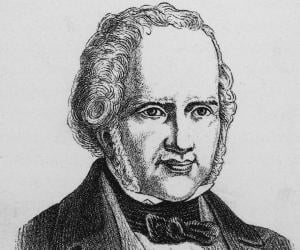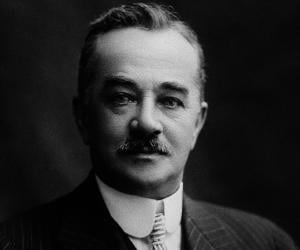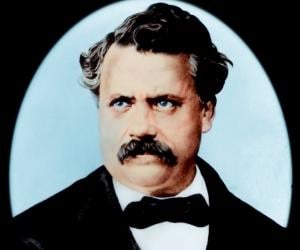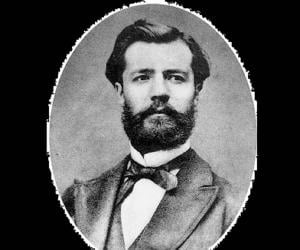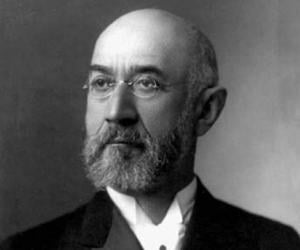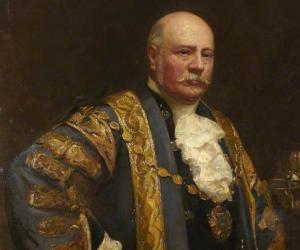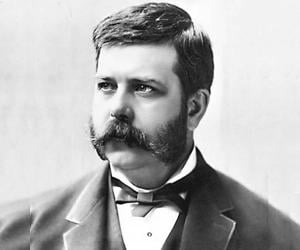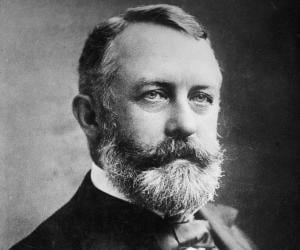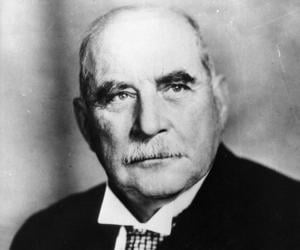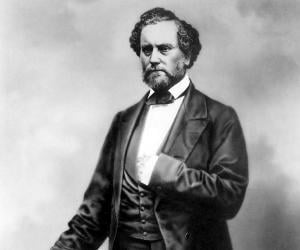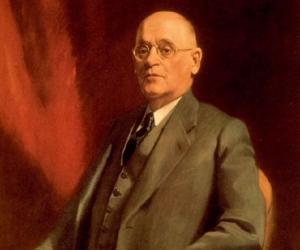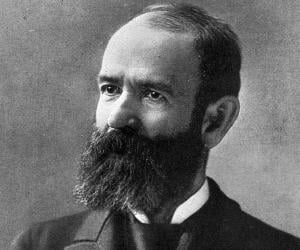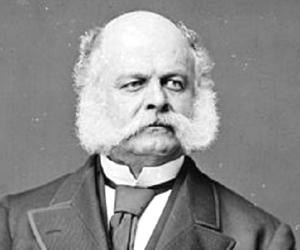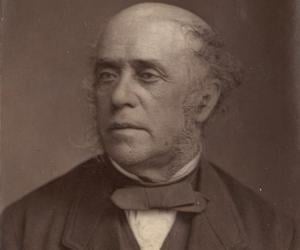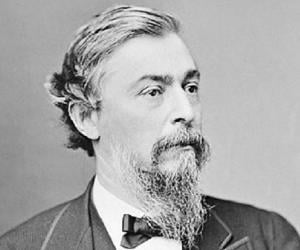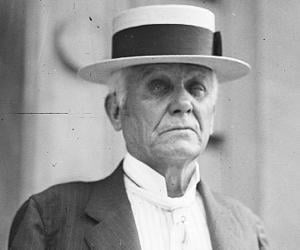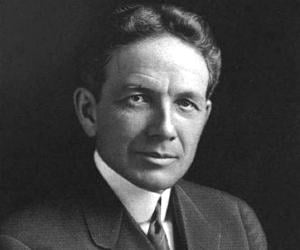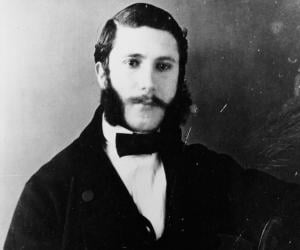Widely regarded as the richest person in modern history and the wealthiest American ever, John D. Rockefeller was a business magnate who founded the Standard Oil Company. He was America’s first billionaire. He also defined the structure of modern philanthropy as the foundations created by him had a major effect on scientific research, medicine, and education.
Business magnate and founder of the Ford Motor Company, Henry Ford is credited to have made the automobile an accessible conveyance for Americans in the 20th century. Following the success of his company, he became one of the richest and best-known people in the world. He also became known for his pacifism during the first years of World War I.
William Randolph Hearst was an American newspaper publisher, businessman, and politician. He is credited with developing America's largest newspaper chain, Hearst Communications. Today, Hearst Communications has grown into a multinational business information and mass media conglomerate. William Randolph Hearst’s life and work inspired the creation of Charles Foster Kane, the main character in the 1941 drama film, Citizen Kane.
George Eastman revolutionized the world of photography with his Eastman Kodak Company and the roll film, which also came to be used in movies. Initially a banker, he later devoted himself to his camera company. A dedicated philanthropist, too, he contributed financially to music, dentistry, and medicine.
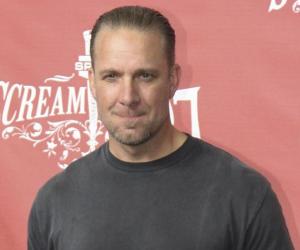
Financier and philanthropist John D. Rockefeller Jr. Was the only son of Standard Oil co-founder, John D. Rockefeller. An alumnus of Brown University, he was very principled and careful with money from an early age. He joined his father’s business and went on to become one of the largest real estate holders in Manhattan.
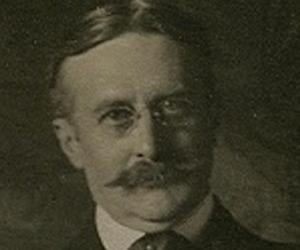
J. Bruce Ismay was an English businessman. He served as managing director and chairman of the popular shipping company White Star Line, which operated the ill-fated passenger liner RMS Titanic. In 1912, Ismay was subjected to severe criticism after surviving the sinking of the Titanic. In the 1997 film Titanic, J. Bruce Ismay was played by actor Jonathan Hyde.
The son of wealthy Pittsburgh banker Thomas Mellon, Andrew William Mellon had followed in his father’s footsteps, to be a banker. He had also been the American ambassador to the U.K. and the American secretary of the treasury. He owned companies such as Alcoa, Old Overholt whiskey, and Gulf Oil.
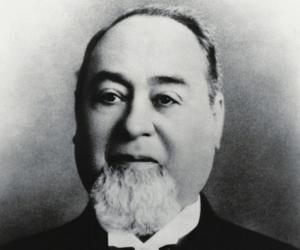
Levi Strauss, the man behind the iconic clothing brand Levi Strauss & Co., or Levi's, which was also the first blue-jeans-manufacturing firm, was born in Germany and later moved to the US. It is rumored that his jeans were meant for the labor class, and he himself had never worn a pair.
After losing his parents at 10, Louis Vuitton ran away to Paris, where he gained repute as a box-maker/packer, and was even hired by Napoleon III’s wife, Empress Eugénie de Montijo. He then founded the iconic French fashion and luxury goods brand Louis Vuitton, which now operates in 50 countries.
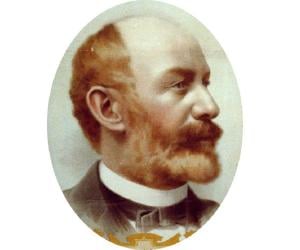
James A. Bailey was an American impresario and circus ringmaster. He is credited with co-founding one of the greatest circus companies of all time, Barnum and Bailey's Circus. A year after his death, his widow sold the circus to the Ringling brothers, resulting in the formation of the Ringling Bros. and Barnum & Bailey Circus.
Henri Fayol was a French mining engineer, author, mining executive, and director of mines. He is credited with developing a theory of business administration called Fayolism. Along with Frederick Winslow Taylor, Henri Fayol is credited with founding modern management methods.
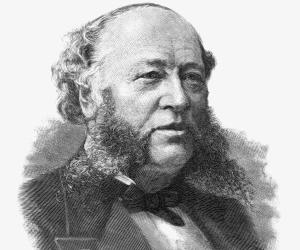
Inventor and entrepreneur George Westinghouse was mostly responsible for introducing the U.S. to alternating current (AC). Initially part of the army and the navy, the talented engineer began his journey of inventions with the rotary steam engine and went on to invent several products, such as air brakes.
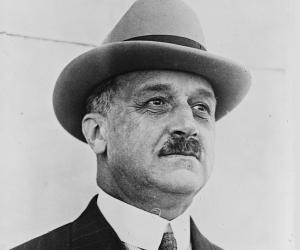
Amadeo Giannini was an American banker best remembered for founding the Bank of Italy, which later became Bank of America. He is credited with inventing numerous modern banking practices. Amadeo Giannini is also credited with establishing one of the first trans-national institutions.
J. P. Morgan Jr. was an American finance executive, banker, and philanthropist. He became the head of the investment banking institution, J.P. Morgan & Co., after his father J. P. Morgan's demise in 1913. J. P. Morgan Jr. was also an important philanthropist, who donated his London residence to the U.S. government in 1920.
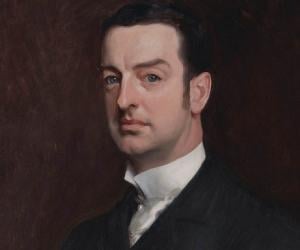
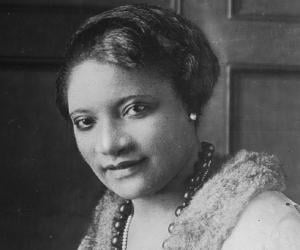
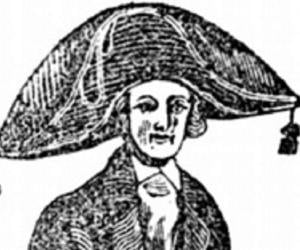
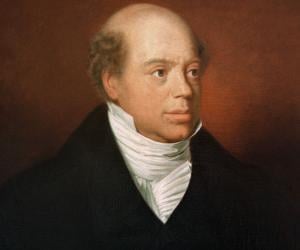
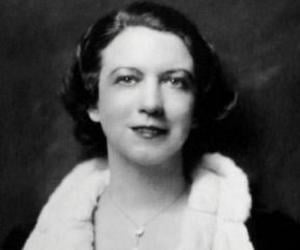
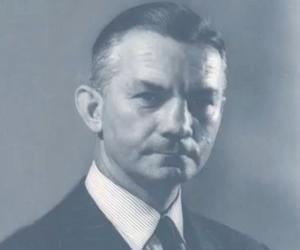
James Forrestal was an American financier who served as the first US Secretary of Defense from 1947 to 1949. He is also remembered for his service as the US Secretary of the Navy from 1944 to 1947. James Forrestal was honored with the Medal of Merit and the Distinguished Service Medal by President Harry S. Truman.
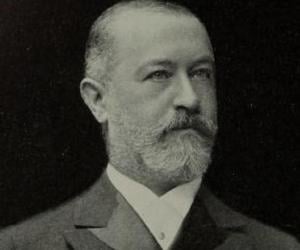
Jacob Schiff was a German-born American banker, philanthropist, and businessman. He is credited with financing the expansion of American railroads. Jacob Schiff also played an important role during the Russo-Japanese War where he helped finance the Japanese military efforts.
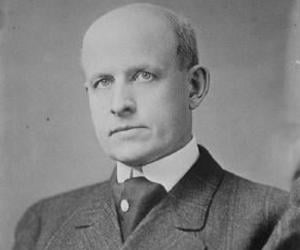
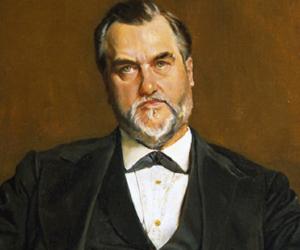
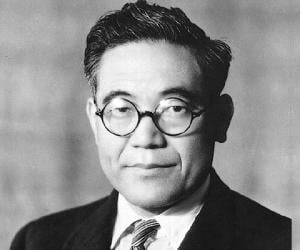
Kiichiro Toyoda was a Japanese businessman and the creator of Toyota Motor Corporation. The son of Sakichi Toyoda, who founded Toyoda Loom Works, Kiichiro Toyoda is credited with changing the focus of his father's company from loom manufacture to an automobile manufacturing unit. Kiichiro Toyoda is also credited with overseeing Toyota's growth in its initial years.
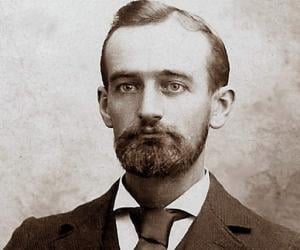
Henry Dunant was a Swiss businessman, social activist, and humanitarian. He is credited with co-founding and promoting the Red Cross. In 1901, he became the first Swiss Nobel laureate when he was honored with the Nobel Peace Prize. Dunant is also credited with founding the Swiss branch of YMCA. His life inspired the 1948 historical drama film, Man to Men.
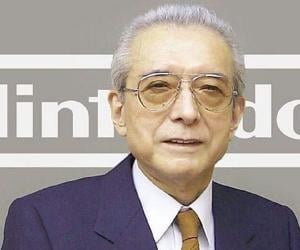
Fusajiro Yamauchi was a Japanese entrepreneur best remembered for founding Nintendo. He also served as the first president of the company. Yamauchi started the company as a hanafuda card-making unit. Nintendo Koppai cards were the only exception in a time when the Japanese government had banned other playing cards due to their association with gambling.
